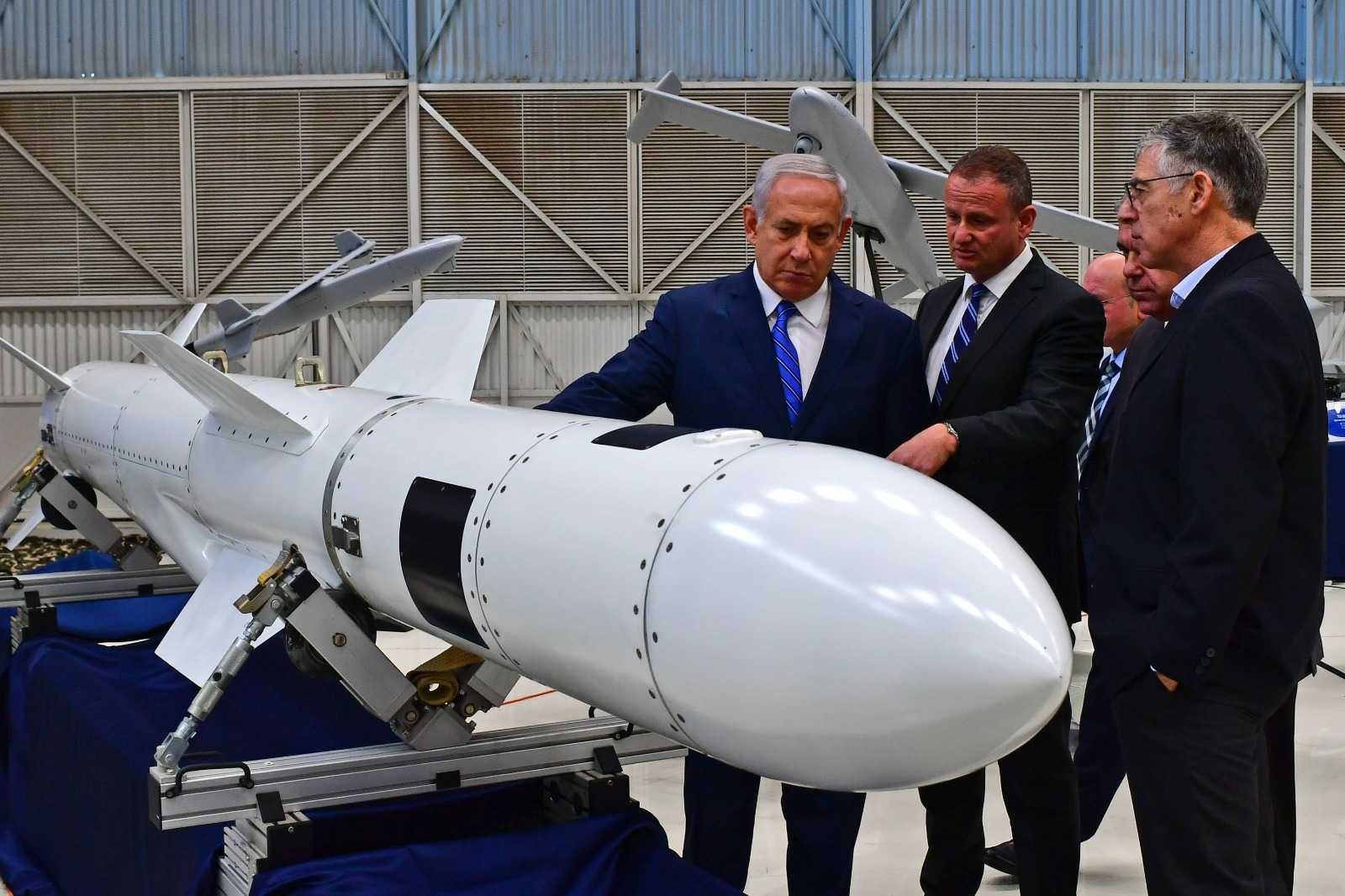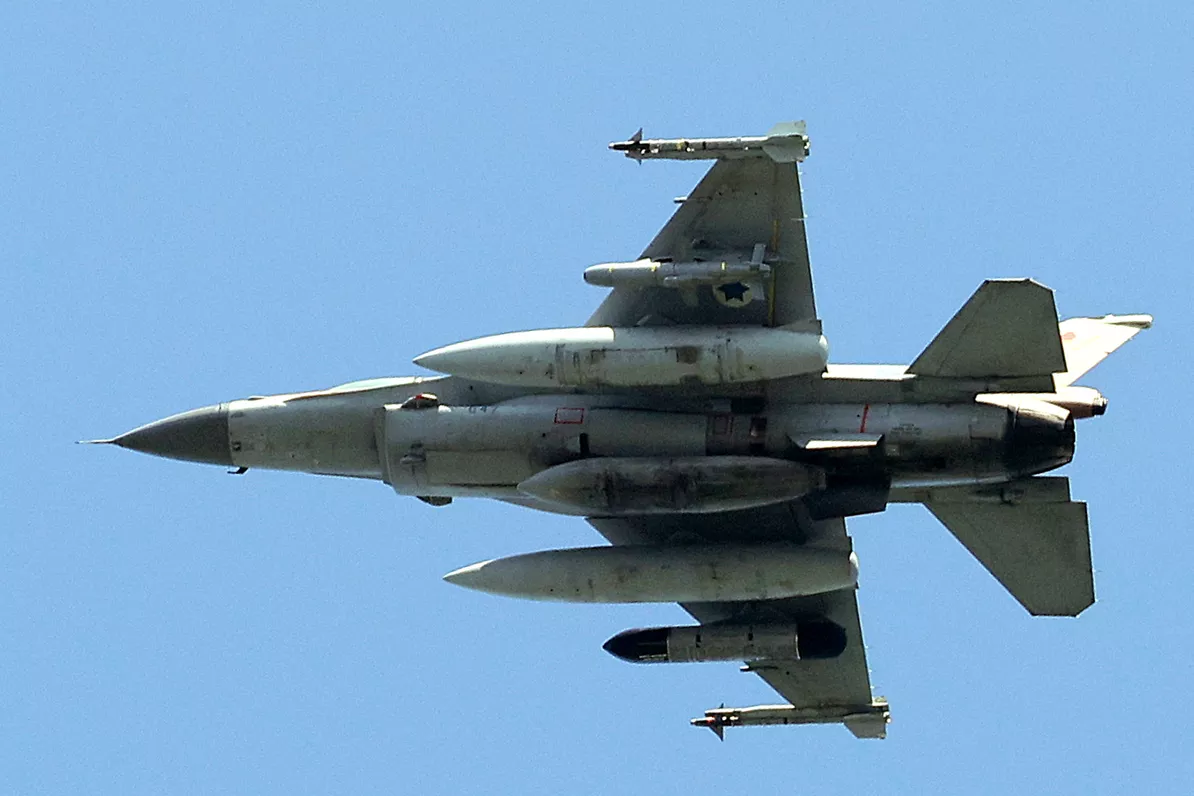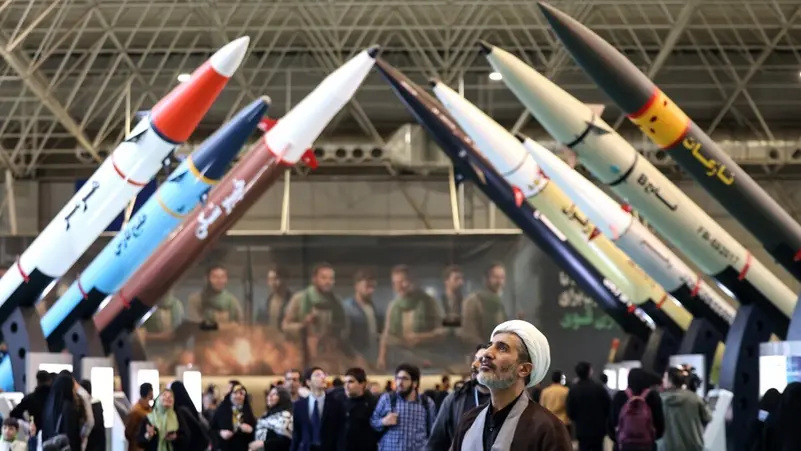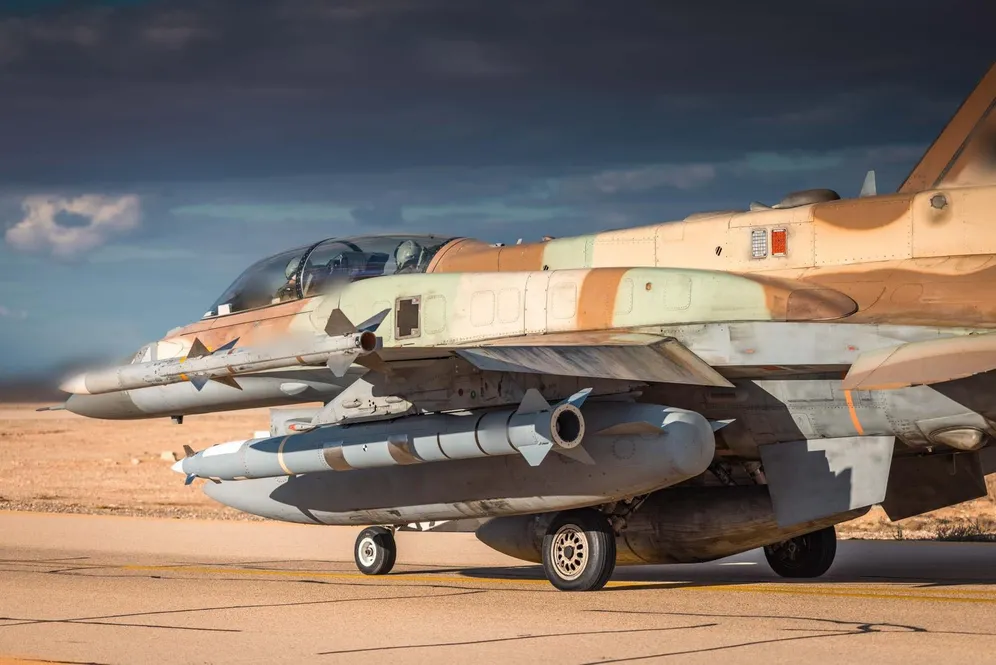With cyber warfare activities by state actors and independent hackers on the rise, Rafael Advanced Defense Systems has signed an agreement with 12 leading Israeli cyber companies to protect critical assets.
Dubbed “Israeli Operational Technologies Cyber Consortium” and in cooperation with the Israel National Cyber Directorate, it will provide end-to-end cyber operational technology (OT) solutions to protect critical assets such as transportation, oil and gas, manufacturing, water, energy and more, the company said in a statement.
The Cyber OT Consortium will include Rafael, IEC, Tashan, Waterfall Security, Trapx, MobileGroup, Radiflow, CyberPro, XMCyber, Cervello and Cynerio. With leading cyber OT companies with various areas of expertise partnering together, they will offer a “comprehensive and integrated battle-proven solution” for the technological-cyber OT needs of large-scale organizations.
“The Consortium will provide a comprehensive, cyber defense solution to address the national-level critical services and infrastructures needs to provide defense against cyber warfare and malicious activities by state actors as well as by independent rogue hackers to protect assets,” Rafael said.
Michael Arov, head of the cyber business unit at Rafael told The Jerusalem Post that the consortium brings two groups of companies together – those with knowledge on critical infrastructure and those who have the technological know-how.
“Rafael has the knowledge and technology, but not all of the knowledge and technology. In the cyber world, which is huge, you need to bring [together] leading partners in order to protect and build the correct response,” he said.
With a rise in cyber attacks targeting critical assets, Arov stressed the need for such a consortium.
Not only do “you need to know who you are protecting and what you are protecting,” but you also need to understand who might be targeting the client, Arov said, explaining that while a company might be targeted by someone who has an agenda against it, the targeting of critical infrastructure is usually done by state actors.
“When countries carry out cyberattacks against each other, it’s usually against critical infrastructure and that’s why they need to be protected, and this is a very central part of the consortium.”
Speaking to the Post from the Expo in Dubai, Arov said that such attacks “are only increasing,” adding that the Iranian attack against
Israel’s water system last April “is part of a wave of attacks and one of the reasons” that the consortium was formed.
“We see that this is where the world is heading. Hitting critical infrastructure would make it so that a country would have a hard time functioning and this consortium would be to give an answer to that threat.”
Gideon Weiss, vice president of business development, marketing and strategy at Rafael’s Air and C4ISR Systems Division said that “the new Consortium positions the State of Israel as a leader in the global Cyber OT industry. Known as the ‘Cyber Nation’ and globally recognized for its cybersecurity and OT-related expertise, Israel boasts a rich ecosystem of market-leading, pro-active companies providing best-of-breed cyber defense solutions.”






Laisser un commentaire